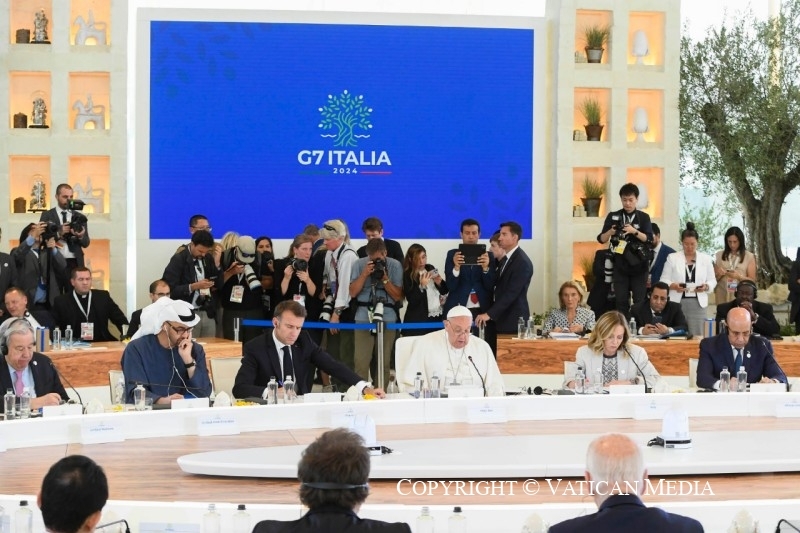XVI Edition of the Mare Nostrum Journalism Awards

The award ceremony for the winners of the XVI Edition of the Mare Nostrum Awards International Journalism Prize, organised by Grimaldi Magazine Mare Nostrum and sponsored by the National Order of Journalists and the United States of the World, was held yesterday evening at the Grand Hotel Vesuvio in Naples.
The ceremony was attended by representatives of the institutional, academic, information and shipping worlds.
The international jury of the Prize, chaired by journalist Bruno Vespa and composed of important personalities from the world of culture and journalism - including the Secretary General of the United States of the World Michele Capasso - decreed the following winners:
- Diego Casali for the article "Motorways of the sea to the digitalisation test" published in QN - Quotidiano Nazionale - Speciale Mobilità
- Meriem Khdimallah for the article "Femmes marins: Prévenir et combattre la violence et le harcèlement dans le secteur maritime", published in La Presse de Tunisie
- Federico Fubini for the article 'In the Suez funnel, Houthi-West 1 to 0. The Costs for the Mediterranean", published in L'Economia - Corriere della Sera
- The MBC - Servicios Audiovisuales editorial staff of the Spanish TV programme "Curiosity" for the episode "La Naturaleza se abre paso", broadcast on the national network RTVE
- Fausto Biloslavo for the multimedia reportage in the Red Sea for freedom of navigation from Mare Nostrum published in Il Giornale and Panorama.
The "Cavaliere del Lavoro Guido Grimaldi" special prize, established by the Grimaldi family in memory of the founder of the Grimaldi Group, was awarded to journalist Roberto D'Antonio.
Secretary-General Michele Capasso, in presenting the award to Fausto Biloslavo, said he was moved by his familiarity with the war journalist since his time in the former Yugoslavia.







